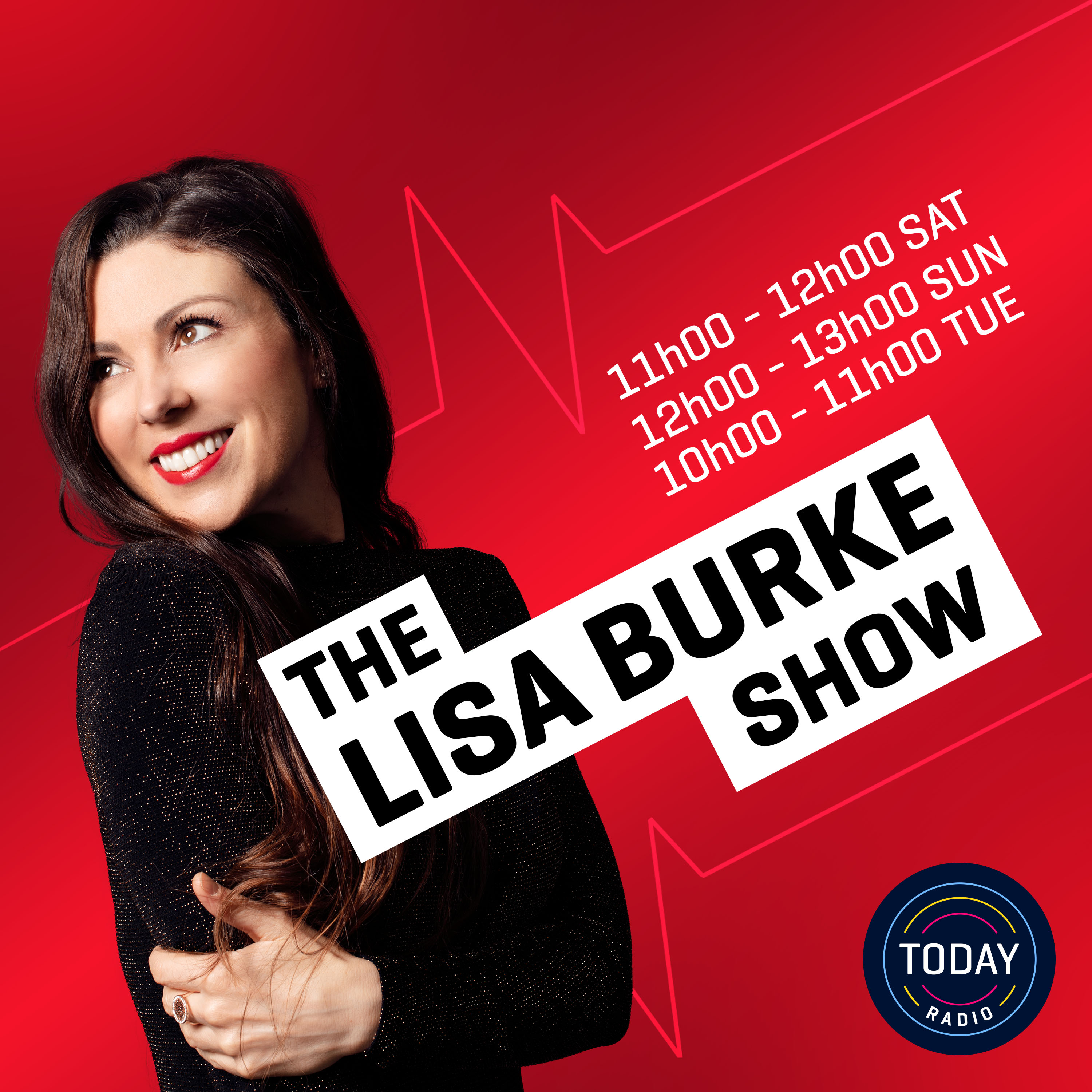The Global Peace Index, 05/07/2024
Description
Steve Killelea, founder of the Institute of Economics and Peace, talks about this year's Global Peace Index.
On this week’s episode is the Australian entrepreneur Steve Killelea, founder of the Institute of Economics and Peace (IEP), and the first recipient of Luxembourg’s Outstanding Technology for Peace award in 2016. Steve gave the keynote speech on this year's Global Peace Index at the Luxembourg Peace Prize in MUDAM in June.
Steve created the software company IR in 1988 which went on to be listed on the Australian Stock Exchange in 2000. He also set up a Venture Capital fund. After making a substantial amount of money, his family moved into philanthropy, setting up The Charitable Foundation in 2000, the Global Peace Index in 2007, and the Institute for Economics and Peace in 2013.
The Charitable Foundation helps vulnerable people with Developmental Aid, with over 280 successful projects directly benefiting 3.7m people. Steve’s wife, Deborah, runs this and has expanded the charity to focus on working with thousands of traumatised children through play therapy.
The Institute for Economics and Peace came about through Steve’s observations of War related poverty, and a lack of research behind a ranking for the world’s most peaceful nations.
“What I realised as a businessman, when I think ‘What are the most peaceful nations in the world?’ and it hasn’t been done, [was] then how much do we know about peace? If you can’t measure something, can you truly understand it? If you can’t measure it, how do you know if your actions are helping you, or hindering you?”
Steve’s keynote at MUDAM presented the most recent Global Peace Index (GPI), which is the most comprehensive data analysis on peace, economic value, and trends. This work covers 99.7% of the world’s population and is supported by 23 qualitative and quantitative indicators from highly respected sources.
The most peaceful country in the world is currently Iceland, followed by Ireland, Austria, New Zealand and Singapore, with the bottom half composed of Israel, Mali, Syria, Russia, the Congo, Ukraine, Afghanistan, and South Sudan. When looking at the most and least peaceful nations, Steve mentions a widening gap known as ‘the global inequality of peace’, with the higher and lower ranking nations respectively continuing to improve or worsen. The most improved countries are El Salvador, the UAE, Greece, Myanmar, and Nicaragua, while the most deteriorated are Ukraine, Israel, and Palestine.
How is peace itself measured? Through ‘the absence of violence’ or ‘fear of violence’. Steve explains how the three domains of internal safety and security, levels of ongoing conflict, and levels of militarisation, join together to create the GPI, itself holding 23 different measures of peace.
Conflicts are also classified, with a conflict being a dispute involving more than 25 deaths but under 1000, as that then becomes a war. Terrorism occurs within conflicts, with 92% of terrorism based deaths occurring in that manner last year, but as an attack on civilians unengaged in the dispute and with the aim to send a greater message outside of those involved.
Although the current European climate feels unsettled, it still sits on top as the most peaceful continent, although two-thirds of the countries have fallen in terms of their own sense of peace, partly due to the consequences of the Russia-Ukraine war including neighbouring tensions and increased military expenditures. With a global economy, local conflicts can have ripple effects worldwide, with refugees, industry, shipping and travel delays as just some of the reasons.
Moving to his entrepreneurial background, Steve advises companies to assess the risk factors for establishing expansions in foreign countries, such as GPI ranking or underlying peace factors to combat the instability of the global economy.
This year’s report is described as “the most sobering re
More Episodes
Career planning, as a student or an adult; plus the upcoming Science Slam in Luxembourg.
Arnit Dey has two more years of High School left before he and his cohort of global students have to decide what to study, where to go and what to do with the first part of the rest of their adult...
Published 09/13/24
Published 09/13/24
Lisa, Sarah, and Vanessa gather in the Today Radio studio for Book Club's third instalment, sharing their very favourite summer reads - and they'd love to know yours!
This week's show is a deep chat on the books we've loved this summer. I'm joined by my colleagues Sarah Tapp and Vanessa...
Published 09/07/24


